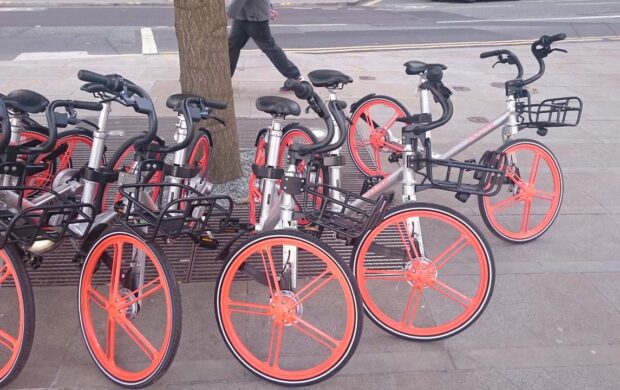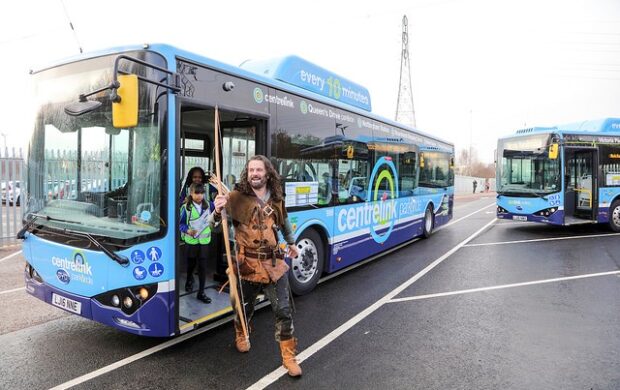Nairobi’s ‘matatu’ system of privately owned minibuses is now available on Google Maps – a debut for informal transit systems. It builds upon the first map of a non-formal transit system which researchers from MIT, Columbia University, and the University of Nairobi, as well as the design firm Groupshot, published in 2014. Conceived at Columbia University and supported by a grant from The Rockefeller Foundation, the project – called Digital Matatus – gathered transit data, created mobile routing applications and drafted a new transit map for the Kenyan capital. Data, apps and maps are open to the public and free of charge. Passengers can now plan journeys on their smartphones.
Matatus are the major means of transportation in Nairobi and are used by approximately 70% of the population. The buses enjoy great popularity as they are cheap and convenient. However, the network is chaotic. Fares and timetables can change randomly and finding the right stop can be difficult. The streets are congested with matatus as most services run through the city centre and the road network has not kept pace with the rapid growth of the city. At present, there are approximately 130 unregulated matatu lines in Nairobi.
Robert Cervero, a professor of city and regional planning at the University of California, Berkeley, is full of praise: “Hats off to Digital Matatus and Google for doing this. […] This is a very important pilot test demonstration and if the data can be put to good use designing better systems, it can have tremendous benefits.”
Image Credit: 7ty9 / flickr






